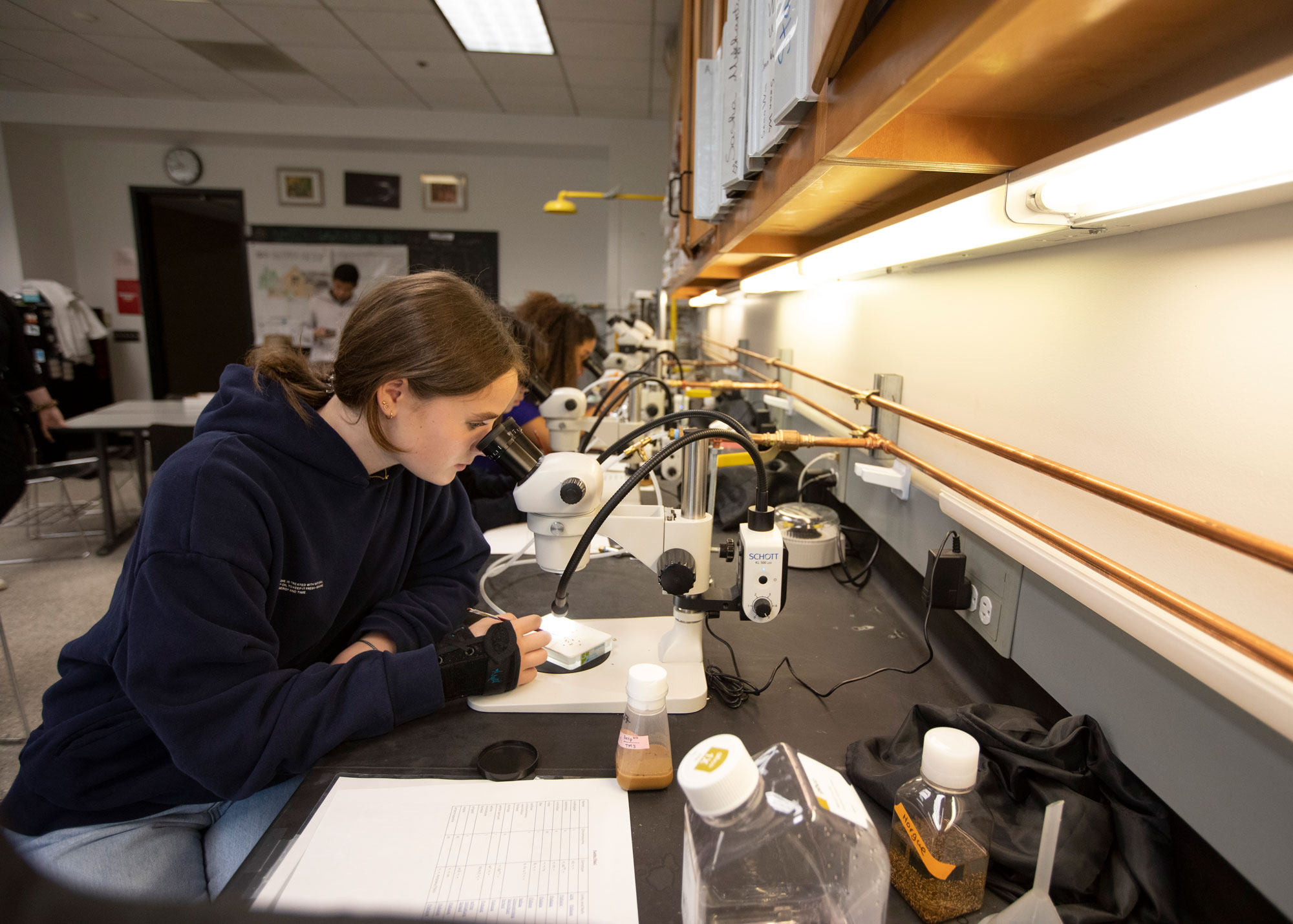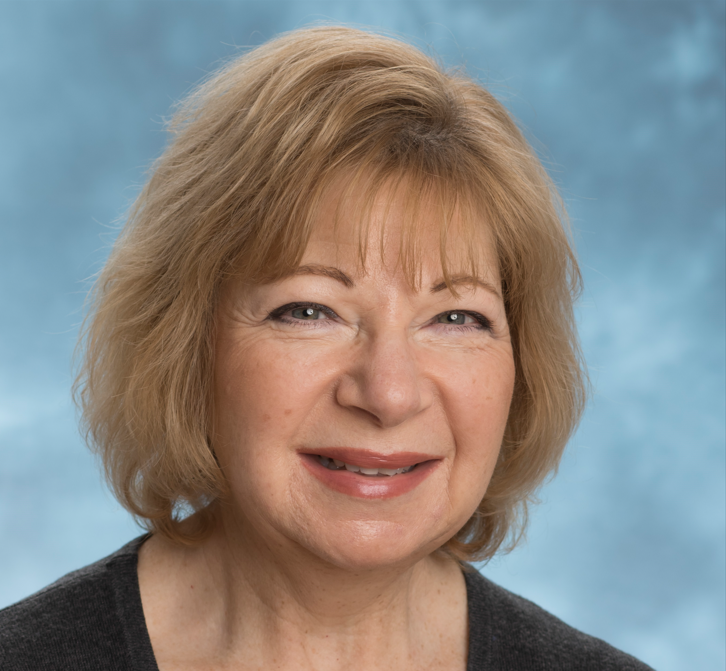

Putting Research Under the Microscope
When Glenn Hutchins ’73 and his wife, Debbie, established the Hutchins Scholars in Science Research in 2010, their goal was to provide real-life research experiences that would interest top science students in careers in the field. Glenn Hutchins, the founder of private equity company Silver Lake, a global leader in technology investing, was concerned about the loss of research expertise domestically and its impact on America’s ability to compete on the world stage.
During those first few years, Hutchins Scholars and their adviser, Elizabeth Fox, director of student research and a teacher in the Science Department, struggled to find summer placements in university and corporate labs. After all, these were high school students – untested and unproven.
Fast-forward 13 years: The Hutchins Scholars in Science Research program currently enjoys research partnerships with the Seung Kim Laboratory at Stanford University Medical School, Thomas Jefferson University Hospital, Cornell University, the University of Pennsylvania, and Trinity College in Dublin. From an initial “class” of eight Scholars, the program now operates three cohorts with an average of 36 students overall participating each summer.
Despite a growing demand by the researchers, the onus is still on Lawrentians to make the connections necessary to find work in those labs. Fox, working with Nicole Lantz, assistant chair of the Science Department and director of Stan-X (Stanford) partnerships, tasks students – rising Fifth Formers in their third year of the program – to take ownership of their internship placements. They are required to research prospective hosts by immersing themselves in their academic papers and to reach out independently to meet.
“This format served us well again this year,” Fox said. “Several scientists commented how impressed they were with the students’ emails that clearly demonstrated familiarity with their work. By the end of spring term, all students had secured placements.”

The appointments are universally impressive. Six of the 13 students from the Class of 2023 were attached to the Seung Kim Lab at Stanford, where Lawrentians have been engaged in a longitudinal study of gene expression in pancreatic diseases. They conducted their research with the help of drosophila – fruit flies – ideal subjects for gene studies due to their DNA profile and rapid reproduction.
The other seven students in the cohort conducted research ranging from physiology to psychology. Some studied diabetes, cardiac procedures, and liver disease at Jefferson University Hospital. One interned in plant phylogeny with John L. Clark P’20 ’22, a former Lawrenceville faculty member and now research botanist at Marie Selby Botanical Gardens, while a classmate pursued education research at Carnegie Mellon. The Scholars typically share publication credits with their research hosts in peer-reviewed scientific journals.
